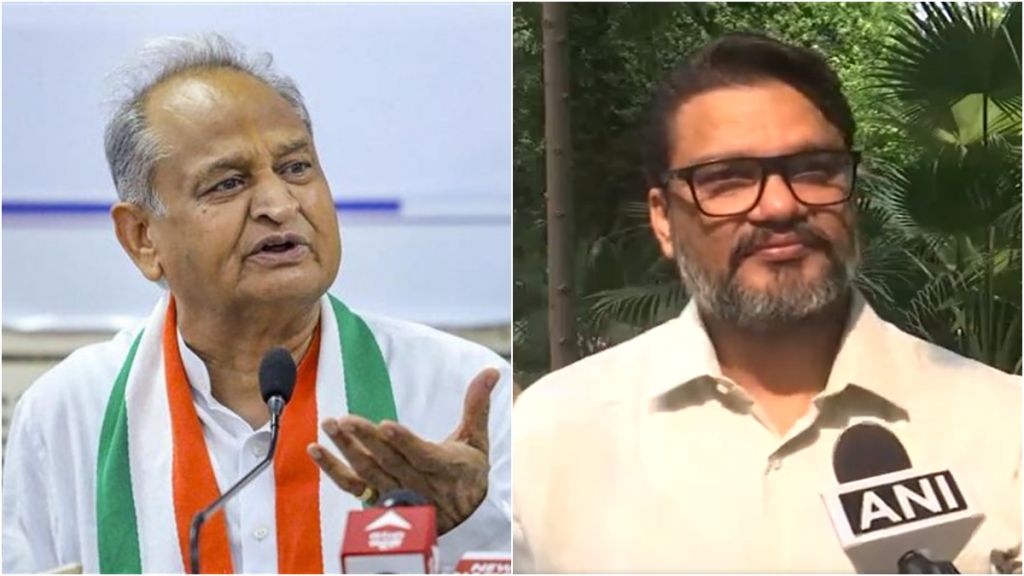
Jaipur: In a major legal development in the phone tapping case against the then OSD of former CM Ashok Gehlot, the Rajasthan government informed the Delhi High Court that the state government has officially withdrawn its suit from the Supreme Court challenging the jurisdiction of Delhi Police in the case. This move marks a crucial shift in the Rajasthan government's stance, allowing the Delhi Police to continue its investigation into the case.
Additional Advocate General of Rajasthan, Shiv Mangal Sharma, representing the Rajasthan government, placed the recent developments on record on Friday stating that the suit originally filed by the state in the Supreme Court—challenging the jurisdiction of the Delhi Police in investigating the FIR—had been withdrawn. He submitted that following this withdrawal, the Rajasthan government now has no objection to the Delhi Police completing the investigation.
The application under Section 528 of the Bharatiya Nagarik Suraksha Sanhita 2023, filed by the state, detailed the timeline of events, including the Supreme Court’s order dated August 29, 2024, allowing the withdrawal of the original suit.
The state government during the Ashok Gehlot regime had filed the suit arguing that only Rajasthan Police had jurisdiction to investigate the case. However, after the change of power in Rajasthan, the state government reconsidered its position and withdraw the case, aligning itself with the Delhi Police investigation.
With a go ahead for probe to Delhi Police, the case becomes significant in the light of recent written statement of Lokesh Sharma who denied any role in the matter and demanded interrogation with former CM Ashok Gehlot and the concerned officials.
During the hearing on Friday, Justice Aneesh Dayal of the Delhi High Court took note of the state's revised stance. Sharma emphasized that the Rajasthan government would fully cooperate with the Delhi Police, offering any assistance or evidence required to complete the investigation of FIR No. 50/2021, which is registered under multiple sections of the Indian Telegraph Act, IT Act, and IPC.
The Delhi High Court acknowledged the developments and allowed the state government’s application to place these updates on record.